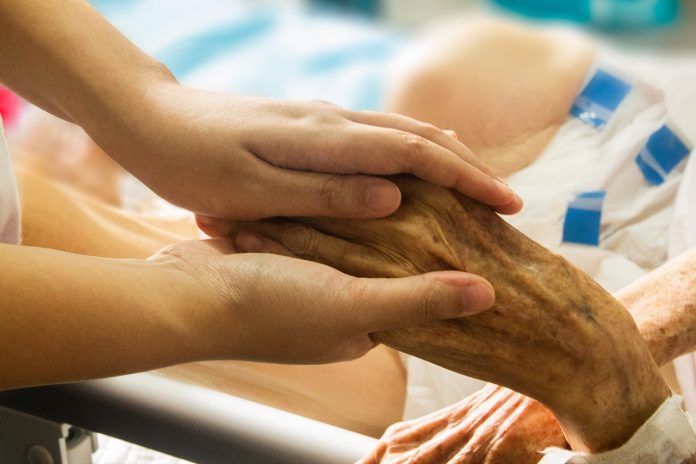The mesothelioma disease can be hard to control. Some treatments may slow the growth of cancer for a while, but the disease may return at some point or worsen. Depending on the growth pattern of your cancer, your doctor may tell you that it can no longer be controlled or that this is no longer possible. When this occurs, you may need to work with your doctor to shift the focus of your care from the treatment of your symptoms to an effort to control your symptoms. A significant number of symptoms caused by your disease and its treatment may decrease your quality of life, so you may choose not to take further treatment.
Making these kinds of decisions and preparing for end-of-life care can be stressful for a person, but it can also give them a sense of peace and freedom. Taking care of those things you’ve been putting off for later is the perfect time to get them done. You and your family can make decisions about the future and plan for your financial and legal needs. If you and your family are in need of health care, now is a good time to speak to your doctor about the kinds of help and programs available to you.
